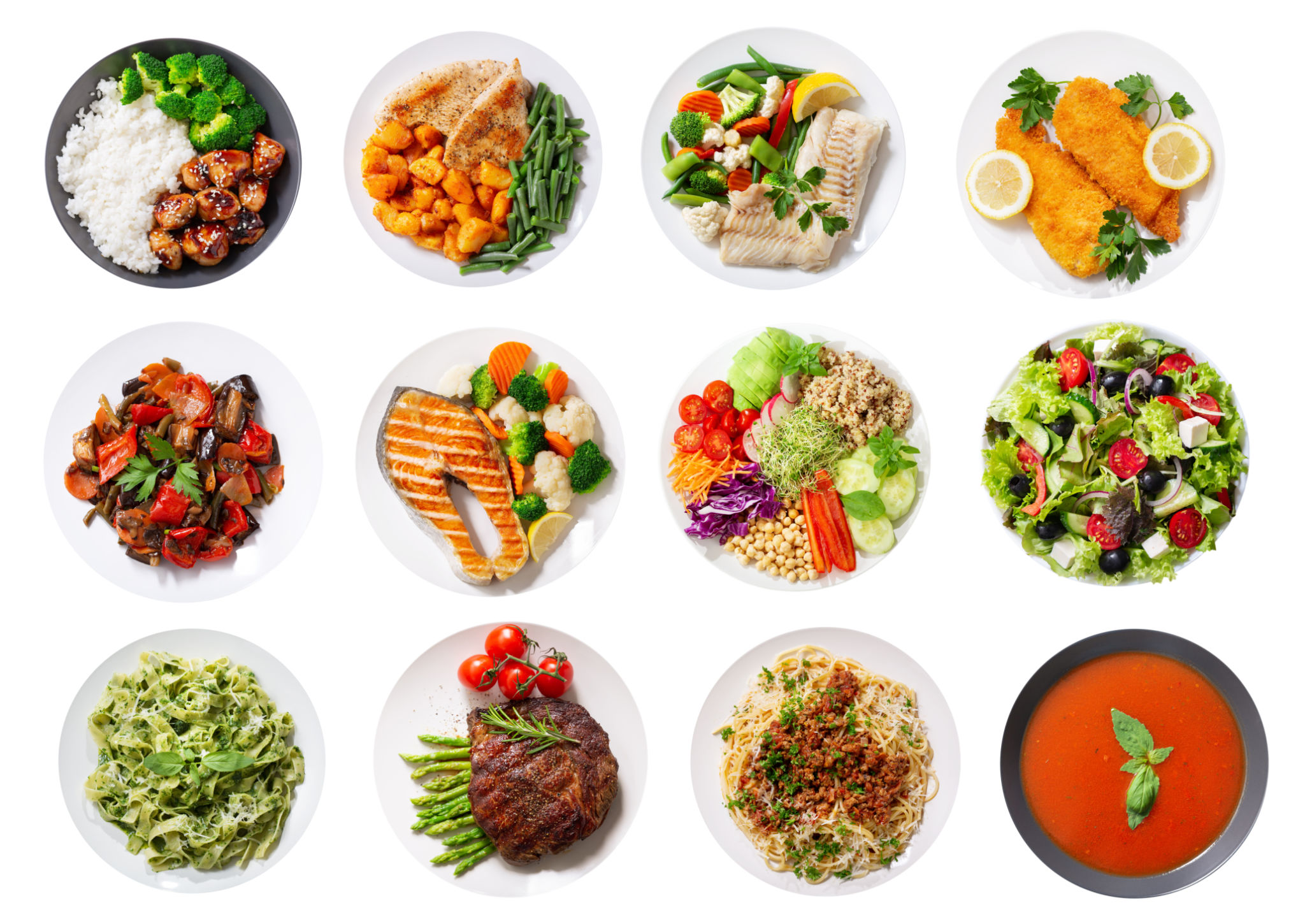Challenges and Solutions in Alcohol-Free Event Catering
Understanding the Shift Towards Alcohol-Free Events
The trend towards alcohol-free events has gained significant momentum in recent years. Whether due to personal preferences, health reasons, or the desire for more inclusive gatherings, many hosts are opting for alcohol-free catering. This shift presents unique challenges for caterers who are accustomed to offering traditional beverage services.
One primary challenge is meeting the diverse expectations of attendees. Guests may have varied reasons for choosing not to drink alcohol, ranging from religious beliefs to health concerns. It's essential to offer a range of appealing alternatives that cater to these different preferences.

Creating a Compelling Non-Alcoholic Beverage Menu
Developing an enticing non-alcoholic beverage menu is crucial. A common mistake is to rely solely on basic options like sodas and water. Instead, caterers should consider a more creative approach by incorporating mocktails, infused waters, and artisanal sodas to enhance the guest experience.
Mocktails, for instance, offer a sophisticated alternative to traditional cocktails. By using fresh ingredients, unique flavor combinations, and elegant presentation, these drinks can elevate any event. Infused waters with fruits and herbs not only provide a refreshing option but also add a visual appeal that guests will appreciate.

Addressing the Social Aspect of Drinking
Another challenge is addressing the social aspect of drinking that many attendees associate with events. Alcohol often serves as an icebreaker or a way to enhance social interactions. To counter this, event planners can focus on creating engaging activities or interactive stations that encourage mingling and conversation.
Incorporating elements such as live entertainment, interactive food stations, or engaging games can help foster a lively atmosphere without relying on alcohol. These activities not only serve as conversation starters but also provide memorable experiences that guests will talk about long after the event.
Ensuring Inclusivity in Catering Options
Inclusivity is a key consideration in alcohol-free event catering. Caterers must be mindful of dietary restrictions and cultural preferences when designing their menus. Offering a variety of non-alcoholic options ensures that everyone feels welcome and included.
It's important to communicate with the event host regarding any specific needs or preferences their guests might have. This information allows caterers to tailor their offerings appropriately and avoid any potential oversights or exclusions.

Educating Staff for Non-Alcoholic Events
A successful alcohol-free event also hinges on the proficiency of the catering staff. Training staff to understand and promote the non-alcoholic offerings effectively can enhance guest satisfaction. Staff should be knowledgeable about the ingredients and preparation of each beverage, enabling them to recommend options confidently.
Additionally, staff should be prepared to handle any questions or concerns from guests regarding the absence of alcohol. By being informed and approachable, they can contribute significantly to a positive event experience.
Leveraging Feedback for Future Events
Finally, seeking feedback from attendees provides valuable insights for future planning. Understanding what worked well and what could be improved helps caterers refine their strategies and offerings for subsequent events.
Feedback can be collected through surveys or casual conversations during the event. This input not only aids in enhancing future services but also demonstrates a commitment to meeting guest expectations.

